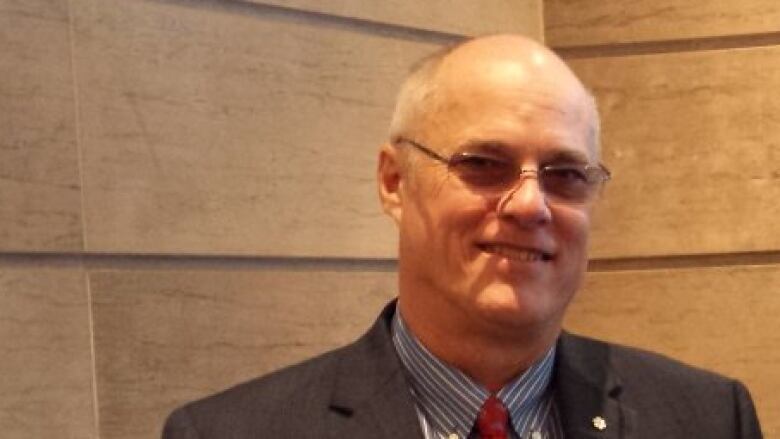Duchenne muscular dystrophy affects stem cells, University of Ottawa study finds
Could lead to new treatments for fatal disorder 'within our lifetime,' says lead researcher

New treatments could one day be available for themost common form of muscular dystrophy after astudy suggests the debilitating genetic disease affects the stem cells that produce healthy muscle fibres.
The findings are based on research from the University of Ottawa and The Ottawa Hospital, published Monday in the journalNature Medicine.
For nearly two decades, doctors had thoughtthe muscular weakness that isthe hallmark of thedisease which affects approximately one in 3,600 boys and, in many cases, is fatalwithin the first three decades of life was due to problems with human muscle fibers, said Dr. Michael Rudnicki, the study's senior author.
The new research showsthe specificprotein whose absence characterizesDuchenne muscular dystrophy normally exists not only inmuscle fibres, but also stem cells.
Dystrophin protein found in stem cells
"This was something that was unexpected," Rudnicki told Alan Neal, host of CBC'sAll in a Day, Monday afternoon.
"The prevailing notion was that the protein that's missing in Duchenne muscular dystrophy a protein called dystrophin was not involved at all in the function of the stem cells."
Muscular stem cells are responsible for regeneratingmuscles damaged by injuries and exercise. Normally, those cells divide to create precursorcells that eventually become the fibres that make up human muscles.
When the genetic mutations caused by Duchenne muscular dystrophy inhibit the production of dystrophin in stem cells, those stem cells produce significantlyfewer precursor cells and thus fewer properly functioning muscle fibres.
The research also found that stem cells need dystrophin to sense their environment to figure out if they need to divide to produce more stem cells or perform muscle repair work.
The study was conducted using mouse cells, but the researcherssay they expect to see similar results in human cells as thedystrophinprotein is almost identical in all animals.
'It's really exciting'
The fact the study shines light on how Duchenne muscular dystrophy might operate offers sufferers and their families a degreeof hope,said Debra Chiabai, whose 15-year-old son Alex has the disorder.

"It's really exciting. Because only if we understand the mechanism of the disease can we find treatments for it," Chiabai said.
"Anybody that talks about research says that [successfully treating it] islikely going to require a cocktail of drugs. And it sounds like one more drug has to be added to the cocktail."
Although it could be years before Duchenne muscular dystropy can be successfully treated, Rudnicki saidhe's "quite optimistic" that eventually drugs will be able to stimulate the proper division of muscular stem cells in patients with the disease.
"Certainly within our lifetimes, we'll see major progress in this," said Rudnicki. "And perhaps sooner."












_(720p).jpg)


 OFFICIAL HD MUSIC VIDEO.jpg)
.jpg)



























































































